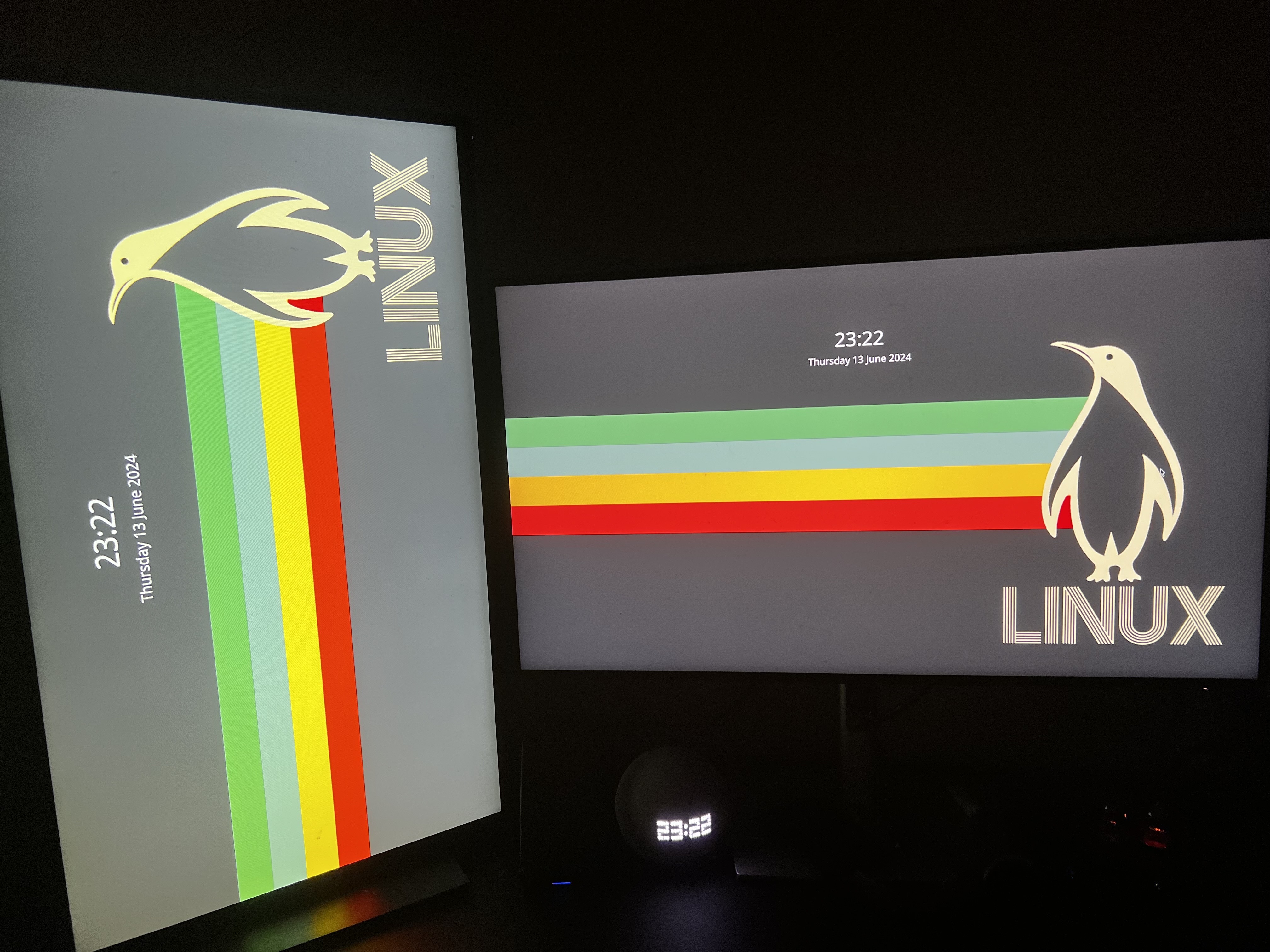this post was submitted on 14 Jun 2024
181 points (97.4% liked)
Linux
53475 readers
752 users here now
From Wikipedia, the free encyclopedia
Linux is a family of open source Unix-like operating systems based on the Linux kernel, an operating system kernel first released on September 17, 1991 by Linus Torvalds. Linux is typically packaged in a Linux distribution (or distro for short).
Distributions include the Linux kernel and supporting system software and libraries, many of which are provided by the GNU Project. Many Linux distributions use the word "Linux" in their name, but the Free Software Foundation uses the name GNU/Linux to emphasize the importance of GNU software, causing some controversy.
Rules
- Posts must be relevant to operating systems running the Linux kernel. GNU/Linux or otherwise.
- No misinformation
- No NSFW content
- No hate speech, bigotry, etc
Related Communities
Community icon by Alpár-Etele Méder, licensed under CC BY 3.0
founded 5 years ago
MODERATORS
you are viewing a single comment's thread
view the rest of the comments
view the rest of the comments

In Wayland, the compositor is the window server ( the equivalent of Xserver ). What you are looking for has to be a feature of the compositor and it is.
As others have said below, wlroots based compositors offer wlr-randr. There is also gnome-randr. For KDE, there is Kscreen-doctor. For X ( the window server being used by SDDM here ), there is xramdr.
Now, some people may see it as a problem that we have multiple Wayland implementations. I am mostly not fighting that battle. I will say that I hope these are not the same people that winge about systemd though and push for alternate init systems. I hope nobody that thinks MUSL is cool Is clinging to X11.
I would prefer that there was a common configuration standard for this stuff on Wayland. It will probably come eventually. Maybe as part of the freedesktop.org stuff.
Generally, I believe the Linux ecosystem has been stronger in areas where there has been competition between implementations ( even compilers ). I hope that Wayland will be one of those areas. As the core problems get fixed, the pace of innovation will increase. I believe we are already seeing that. There are more examples every day of things Wayland can do that X11 cannot. Let’s hope for more of that.
You left a very gracious reply so let’s not fight.
I see a certain amount of irony in the overlap between the group of people ranting that Wayland has too many implementations and the group demanding more implementations of everything else. So that was my point.
Certainly we can agree though that there is nothing wrong with demanding more of both.
One my favourite new distros, Chimera, uses both Wayland and dinit (and Turnstile ).
I am interested to see where the diversity that Wayland provides goes actually. Have you seen this?
https://github.com/CuarzoSoftware/Louvre
What are the examples Wayland can do and X11 cannot?